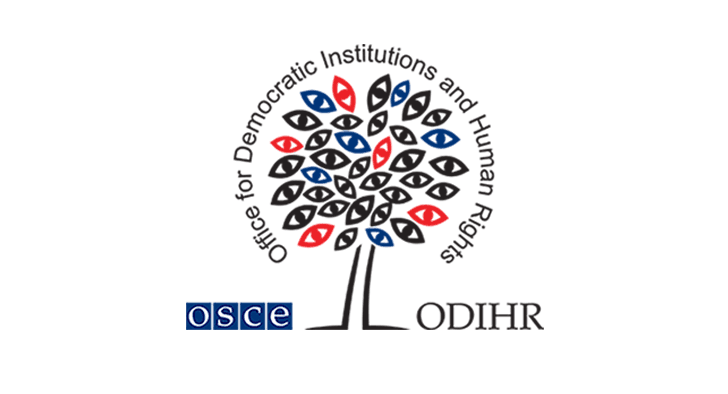
Georgian Politicians, Ombudsperson Assess ODIHR Opinion on Amendments to Election Code
The ruling Georgian Dream party, opposition and Ombudsperson have assessed the recent opinion of the OSCE Office for Democratic Institutions and Human Rights (ODIHR) over the opposition-proposed draft amendments to the election code of Georgia.
Below is a compilation of these assessments.
Ruling party assessment
Tea Tsulukiani – Justice Minister: The document does not indicate anywhere that the “German-model” proposed by them (opposition) is in accordance with the Georgian constitution. If it is written somewhere, I call on the opposition representatives to copy/paste this phrase and show it to us… But there is none… This is shameful, shameful because the opposition has shown its ignorance, as they did not even understand where the bill should be sent to check its constitutionality, and it is very shameful that ODIHR had to remind the opposition of independent Georgia that Georgia is a sovereign country and it should decide independently which model is relevant to its democratic development itself… Unfortunately, the opposition has placed the Public Defender – whom it asked to send its project to ODIHR – in a very awkward situation.
Irakli Kobakhidze – Former Parliament Speaker: A very simple response has been received – ODIHR cannot assess constitutionality of the bill, this is the main conclusion from this document… We have heard [numerous] lies from opposition about this document, which, in reality, has put the opposition into a difficult situation… In reality, two messages are clear from ODIHR’s opinion – that the selection of electoral system is the sovereign right of the state… and that the electoral system should not be changed during the election year.
Opposition assessment
Grigol Vashadze – United National Movement: This document has two main points, the first is that proportional elections and “German model” which is closest to proportional elections, do not contradict the Georgian constitution… the second important moment is that the OSCE is apparently requiring from the current Georgian authorities to accept the [electoral] model, which would be based on consensus. The consensus among the Georgian citizens, civil society, [and] entire opposition spectrum nowadays is to have an opportunity to hold proportional elections.
Otar Kakhidze – European Georgia: I would like to point out that when a bill has any problems with constitution, the OSCE/ODIHR always indicates that, even though their mandate does not envisage assessing its overall constitutionality. [Model developned through our draft amendments] did not have such a problem and therefore, there is no such indication [of its anti-constitutionality in the OSCE/ODIHR opinion] … I think all of the objective observers should remove question marks regarding whether our model [draft amendments] contradicts the constitution or not.
Davit Usupashvili – Lelo for Georgia: The OSCE says that this model is fully relevant to international standards, it ensures more free and proportional representation in parliament. The OSCE has no questions about the constitutionality of this model… This conclusion has again proved the rightfulness of our model.. it is unlikely that the authorities will have enough sense to listen to the OSCE’s conclusion, our demands, public demands, recall its own promises… We will make steps forward in the right direction.
Giorgi Vashadze – New Georgia: None of the six recommendations of the OSCE/ODIHR refer to constitutional changes; we, the opposition, are ready to consider all of the six recommendations in the project that we have introduced. The issue is very simple, either they [the government/Georgian Dream party] want to solve this critical situation, or not.
Public Defender’s comment
Nino Lomjaria – Ombudsperson: I think as Public Defender I have played a very positive role. It is a fact that both parties are satisfied with conclusions and use them for strengthening their own arguments… Now it is the turn of government and opposition. Of course, they can make any political assessments considering their political interests. I have explained to media and also told opposition for many times that they (ODIHR) would not have assessed the constitutionality of the bill, but indirectly they might have touched upon this issue as well. However, as we saw, ODIHR decided not to discuss this issue at all… The OSCE/ODIHR has made a very important statement that it does not matter which type of electoral system the country would choose, [rather] the electoral system should be selected based on wide, inclusive debates and political consensus.
This post is also available in: ქართული Русский